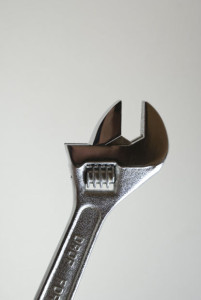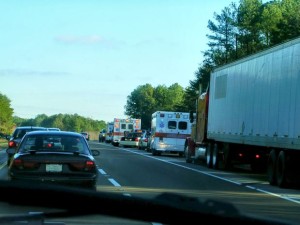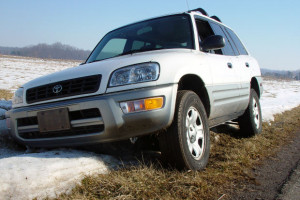Most car accident claims and lawsuits are settled before they ever get to the trial phase. Such settlements should be carefully crafted and reviewed by an experienced lawyer, or else plaintiffs may risk forfeiture of rights to further action against other defendants. 
One common clause sometimes tucked into these agreements is the release of “all other claims that might develop.” This phrase can be especially troublesome because it could block legal action against other defendants – even if they have yet to be identified.
This was the situation in Gores v. Miller, a case recently before the South Dakota Supreme Court. Plaintiff was the conservator of a minor, just 15-years-old, who was injured in a crash as a passenger in a vehicle driven by a friend. In her settlement with the driver’s insurance company, she signed a general release for “all other claims that might develop.” Continue reading ›
 Florida Injury Lawyer Blog
Florida Injury Lawyer Blog














